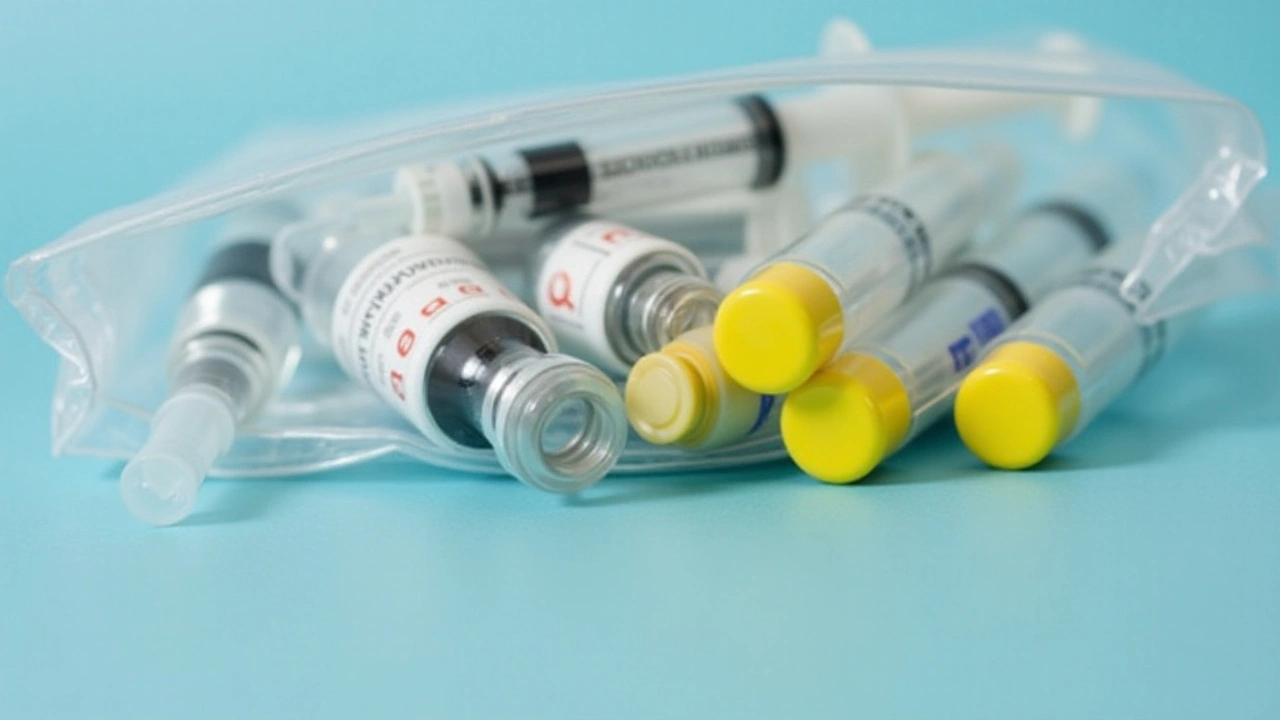Vaccine Delays – What’s Happening and How to Deal With It
If you’ve been watching the news lately, you know vaccine delays are showing up everywhere. Whether it’s a COVID booster or a routine immunisation, supply glitches, paperwork hold‑ups, and distribution snags can push appointments back weeks or even months. That can feel frustrating, especially when you’re counting on protection for work, school, or travel.
Why Do Delays Occur?
The main reasons are simple: not enough doses, logistics problems, and bureaucratic steps that take longer than expected. Manufacturers sometimes miss production targets, and then the shipments get stuck at customs or in cold‑chain storage. Local health offices also need to verify paperwork before they can hand out vaccines, which adds extra time.
What It Means for You
When a delay hits, you might wonder if you’re safe enough to go about daily life. The short answer: keep following basic health rules – wear masks in crowded places, wash hands often, and stay away from sick people. If your appointment gets pushed, call the clinic right away to see if there’s an earlier slot or a different centre that has stock.
Another practical tip is to sign up for alerts on official health websites or trusted news portals. Many South African health departments now offer SMS updates when new batches arrive. That way you’re not left guessing and can book as soon as the dose becomes available.
For students and fresh graduates looking for internships, vaccine status can affect eligibility for certain roles, especially in labs or field work. Our site, African Internship News, lists programmes that note any vaccination requirements. Checking those details early saves you from last‑minute surprises.
If you’re traveling across the continent, keep an eye on each country’s entry rules. Some places still require proof of a recent vaccine dose, while others accept a negative test instead. A quick look at embassy sites or travel blogs can tell you what paperwork you’ll need if your shot is delayed.
Community health workers are also stepping up to help. In many townships they’re setting up pop‑up clinics that use whatever doses are on hand, reducing the waiting time for residents. Volunteering at these sites not only helps others but can give you a chance to learn about public health logistics – a handy skill if you plan a career in healthcare.
Finally, stay patient and keep an eye on official announcements. Vaccine rollout is a massive operation, and hiccups happen. By staying informed, using alert services, and planning around possible delays, you can protect yourself and keep moving toward your health goals.
Vaccines intended to combat the growing Mpox outbreak are experiencing significant delays, possibly lasting several months. Supply chain problems and manufacturing constraints are major obstacles to swift vaccine distribution. This delay hinders the global efforts to control the virus, which is spreading rapidly and poses severe health risks.
